How to Talk to HR About Mental Health
By Kimberly Kafafian
You are seen. You are heard. You are not invisible. You are valued. You are wanted. You are welcomed. You are not alone. In a crisis, call the NAMI Helpline at 800-950-NAMI or text “NAMI” to 741741
The last two years have increased anxiety – about jobs, family, finances, and our daily life in general – having a detrimental impact on our overall mental health. And as we don’t live in a bubble, our feelings are overflowing into the workplace, making mental health an employer problem.
I, as well as family and friends, have felt the effects of the stressors brought on by the pandemic as we juggle our work and personal lives. And we’re far from alone. A recent Lyra Health study found that 31% of workers said their mental health has declined over the past year, up from 24% at the end of 2020. And 42% reported that over the last 12 months mental health had some impact on their job, while 12% said it had a significant impact.
While many employers started prioritizing employee mental health prior to the pandemic, COVID pulled back the curtain and shined a spotlight on what has been a taboo topic. As a result, employers are recognizing the stressors impacting their workforce and are taking steps to create better work-life balance, reduce pressure in the workplace, and provide more robust mental health benefits.
We’ve been working hand-in-hand with our clients helping them do just that by assisting them with setting up physical and virtual outlets for employees to discuss mental health issues, providing training sessions for employees on the mental health resources available to them and how to use them, organizing wellness reimbursements, and offering flexibility during work hours. Our goal is to make it acceptable to discuss mental health so that employees will feel comfortable seeking out the help they need, which benefits both the employees and the company overall. After all, a successful organization requires a happy, productive workforce.
We believe we’re making strides in this area. And according to the Lyra Health study, it seems that our colleagues are as well. 74% of those surveyed said they were very comfortable discussing mental health with their HR leader and another 22% were neutral on the question.
Tips on How to Start the Mental Health Conversation with Your HR Team
While all of the focus on mental health support is positive, it’s still a difficult subject to broach with direct managers. It’s scary because you don’t know how they will react. You may be afraid of losing your job, being judged or misunderstood, or even bullied. It may be easier to first talk to your company’s HR team. They can provide you an overview on the benefits available to you, as well as insight on possible accommodations to help you during this time. Below are some suggestions to help prepare you mentally for the conversation and tips to help guide it in the right direction.
Think of talking about your mental health in the same way as if you were reporting a physical health problem.
There isn’t a difference, it just feels different because of past stigma. Don’t be paralyzed by how you may be perceived. The pandemic has changed the playing field. So many workers have been suffering, so much so, that record numbers quit their jobs resulting in the Great Resignation. You are not alone!
Focus on your productivity.
Let the HR team know how your mental health is impacting your work performance, rather than how you’re feeling. Give suggestions on how they can support you. This will help them figure out how to best help you. You may be able to work a more flexible schedule, take time off during the day to attend a therapy session, or get assistance streamlining responsibilities.
Confirm what type of mental health benefits and programs your company offers.
There may be more assistance available to you than you realized.
Remember that it is up to you how much you would like to disclose.
HR professionals cannot ask you about your mental health, what you want them to know is strictly up to you. You might just want to let them know that you have been dealing with some major changes in your life and the stressors of them are impacting your work and you would like some assistance in addressing them so that you and the company are in a better position.
Your employer has invested significant time and resources into training you and they have a vested interest in your performance. By talking with HR about your mental health, you can help yourself and the company overall.
 En Español
En Español








